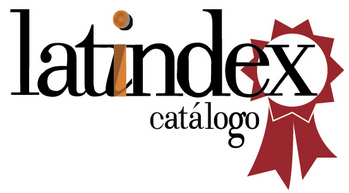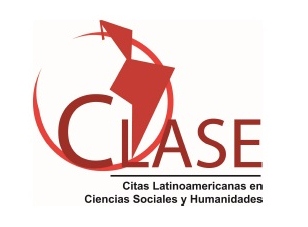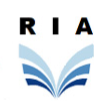Reseña de la colección “Tablero de Disertaciones” de la Editorial Universidad de Guadalajara
Citas
Álvarez Ortiz, Claudia María (2007). Does philosophy improve critical skills? Tesis de maestría, Departamento de Filosofía, Universidad de Melbourne, Australia. [Se puede descargar de internet.]
Beardsley, M. (1950). Practical logic. Nueva York: Prentice-Hall.
Blair, J. A. y Johnson, R. H. (2011). Conductive argument: An overlooked type of defeasible reasoning. Londres: College Publications.
Cohen, J. (1988). Statistical power analysis for the behavioral sciences. 2ª edición. Mahwah, NJ: Lawrence Erlbaum.
Eemeren, F. H. van (2020). La pragma-dialéctica como teoría de la argumentación. Guadalajara: Editorial Universidad de Guadalajara.
Eemeren, F. H. van, Garssen, B., Krabbe, E. C. W., Snoeck Henkemans, A. F., Verheij, B., and Wagemans, J. H. M. (2014). Handbook of argumentation theory. Dordrecht: Springer.
Freeman, J. B. (2011). Argument structure: Representation and theory. Dordrecht: Springer.
Gilbert, M. A. (1979). How to win an argument. Nueva York. McGraw-Hill.
Gilbert, M. A. (2014). Arguing with people. Toronto: Broadview. [En español: Argumentando se entiende la gente, trad. de F. Leal Carretero, Guadalajara, Editorial Universidad de Guadalajara, 2017.]
Goodwin, J. H. (2000). Wigmore’s chart method. Informal Logic, vol. 20, núm. 3, pp. 223–243.
Hamblin, C. L. (1970). Fallacies. Londres: Methuen. [En español: Falacias, trad. de H. Marraud, Lima, Perú, Palestra, 2016.]
Johnson, R. H. y Blair, J. A. (1977). Logical self-defense. Toronto: McGraw-Hill Ryerson.
Leal Carretero, F. (2021). Teoría(s) de la argumentación. Diálogo Filosófico, núm. 111, pp. 350–379.
Leal Carretero, F., coord. (2015). Argumentación y pragma-dialéctica: Estudios en honor a Frans van Eemeren. Guadalajara: Editorial Universitaria.
Pereda, C. (1987). Debates. México: Fondo de Cultura Económica.
Perelman, C. y Olbrechts-Tyteca, L. (1958). Traité de l’argumentation: La nouvelle rhétorique. París: Presses Universitaires de France. [En español: Tratado de la argumentación: La nueva retórica, trad. de J. Sevilla Muñoz, Madrid, Gredos, 1989.]
Puppo, F. (2019). Informal logic: The ‘Canadian’ approach to argument. Windsor, ON: Windsor Studies in Argumentation.
Toulmin, S. (1958). The uses of argument. Cambridge, UK: Cambridge University Press. [En español: Los usos de la argumentación, trad. de M. Morrás y V. Pineda, Barcelona, Península, 2007.]
Vaz Ferreira, C. (1916). Lógica viva: Adaptación práctica y didáctica. Montevideo: Talleres Gráficos A. Barreiro y Ramos.
Walton, D. (1996). Argument structure: A pragmatic approach. Toronto: University of Toronto Press.
Walton, D. y Brinton, A. (1997). Historical foundations of informal logic. Farnham, Surrey, UK: Ashgate.
Wigmore, J. H. (1913). The principles of judicial proof, as given by logic, psychology, and general experience and illustrated in judicial trials. Boston: Little, Brown, and Company.
Woods, J. y Walton, D. (1982). Argument: The logic of the fallacies. Toronto: McGraw-Hill Ryerson.
Woods, J. y Walton, D. (1989). Fallacies: Selected papers 1972–1982. Dordrecht: Foris.
Una vez que un texto es aceptado para su publicación en Quadripartita Ratio, sus autores deben firmar dos documentos de carácter legal: una Licencia de uso y una Declaración de autoría.
Con la Licencia de uso, los autores autorizan la publicación de su obra y la difusión de ésta (integración en bases de datos, difusión en nuestras redes sociales, reediciones posibles, etc.). No obstante, se autoriza la descarga, reproducción y distribución de todos nuestros contenidos publicados, siempre que no se modifique el contenido y se indique su origen (nombre de la revista, volumen, número, páginas y dirección electrónica del documento).
Con la Declaración de autoría, los autores manifiestan que la obra es de su autoría, original e inédita.









